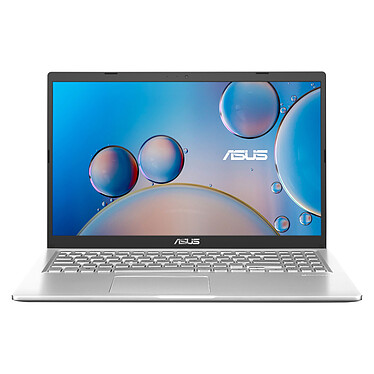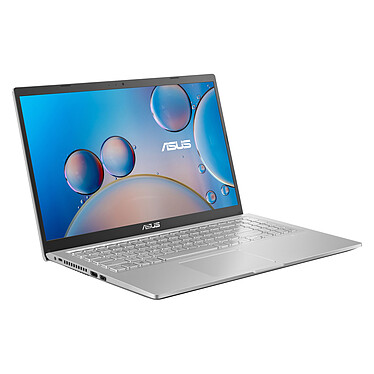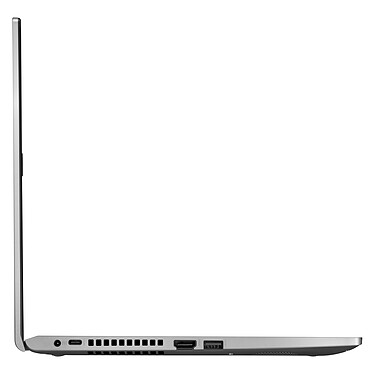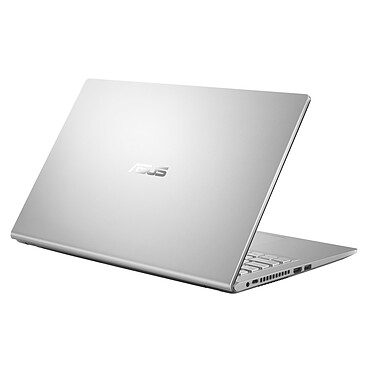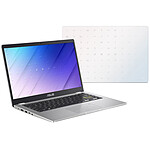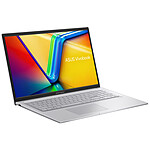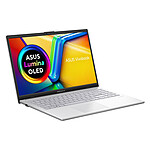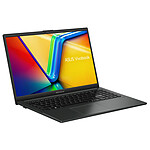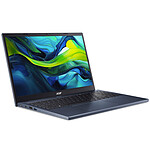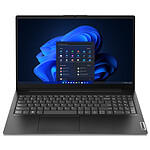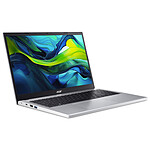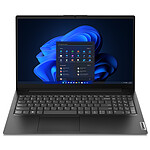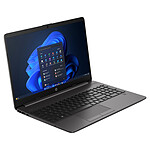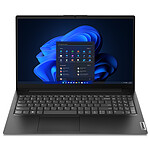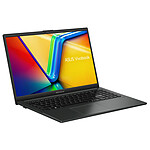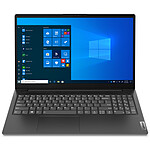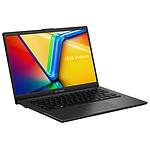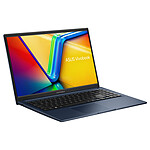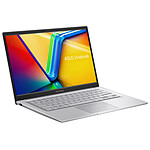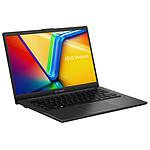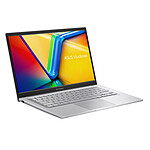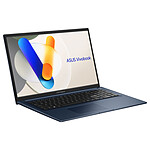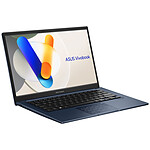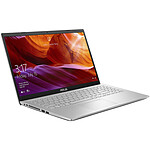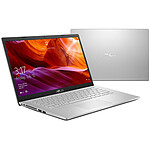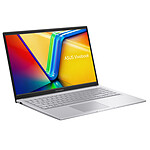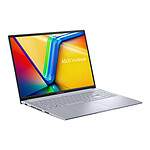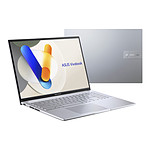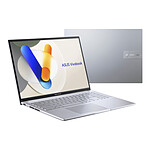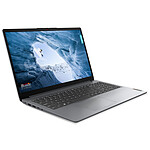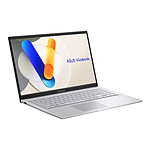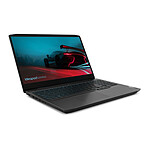
Comfort and mobility
The ASUS Vivobook F515EA combines compactness, performance and comfort. With its rugged design, light weight and slim bezel display, it promotes mobility, productivity and convenience. Equipped with an Intel Pentium Gold 7505 processor, 8GB of DDR4 memory and a 256GB M.2 PCIe 256GB SSD, the ASUS Vivobook F515EA-BQ1854offers good performance and fast operation.
Always at your side
With its compact size and light weight, the ASUS Vivobook F515EA Notebook PC will follow you everywhere! The NanoEdge display gives the ASUS F515 a large display area for work and play. Its wide-angle Full HD panel has an anti-glare coating to reduce distractions from glare and reflections, so you can really focus on what's in front of you.
Key Features :
- Intel Pentium Gold 7505 processor (Dual-Core 2 GHz / 3.5 GHz Turbo - 4 Threads - 4 MB Cache)
- 8 GB of DDR4 memory (built-in memory)
- 15.6 inch anti-glare screen with Full HD resolution (1920 x 1080)
- IPS-level panel: bright colours and wide viewing angles
- 256 GB M.2 PCIe SSD
- Wireless communication Wi-Fi AC + Bluetooth 4.1
- High-speed data transfer with 1 USB 3.0 port + 1 USB 3.0 Type C port
- Integrated webcam
- Laptop supplied without operating system
What is SAR or Specific Absorption Rate?
The local Specific Absorption Rate (SAR) quantifies the user's exposure to electromagnetic waves from the equipment concerned. The maximum permitted SAR is 2 W/kg for the head and trunk and 4 W/kg for the limbs.
All products sold on the LDLC.com website comply with this regulation. The SAR values of the products concerned are indicated on the product sheets in the technical data section.
Information provided by our tech department
This laptop is supplied without an operating system, leaving you with the option of installing a compatible operating system (either already owned or purchased separately). The installation of Windows 10 64-bit is recommended, to allow you to fully exploit all the possibilities offered by this laptop. It is possible that no storage media will be detected during the installation of Windows 10. To solve this problem, you should first download the Intel Rapid Storage Technology (IRST) driver on the same removable media that you intend to use for the installation of Windows 10. You can then simply prompt Windows to load this driver when you deploy the operating system.

